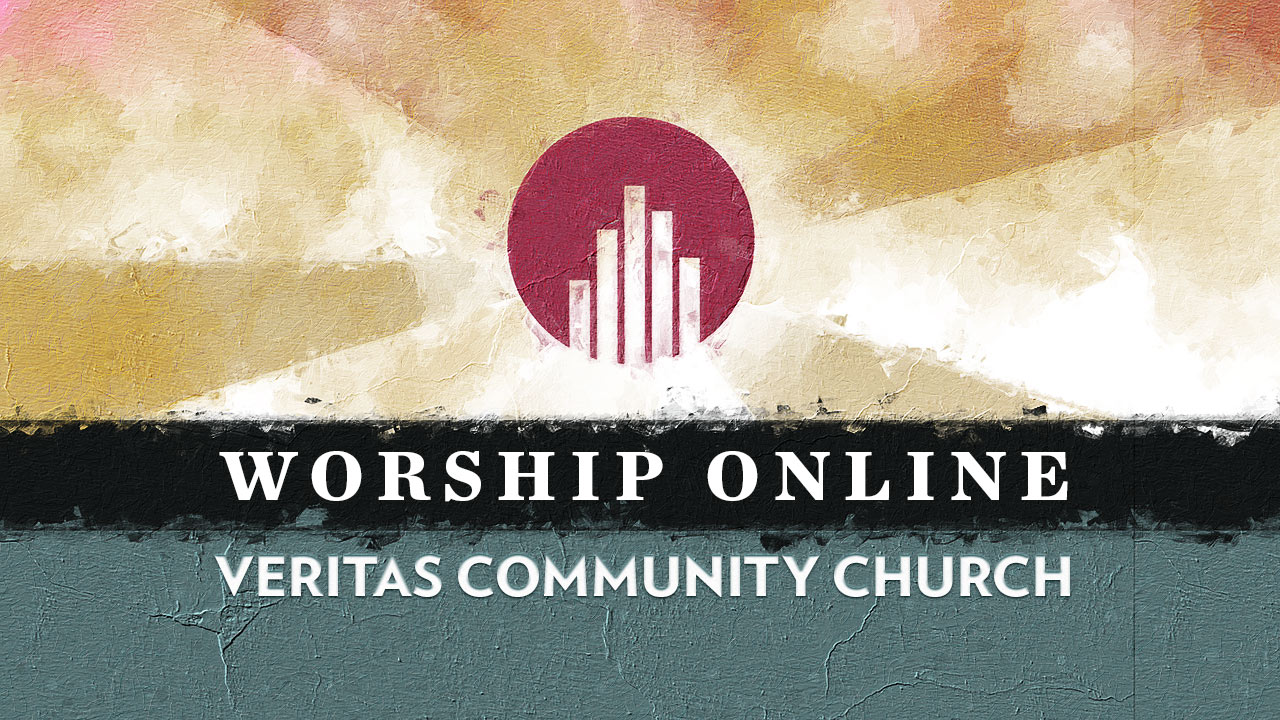Multiplying Congregations and Multiplying Discipleship
Several years ago a good friend of mine was touring a new city in England to explore pioneering a student ministry there. He met with a local minister and as they toured around the city and prayed they passed a local church and my friend asked about how the churches in the city were. The minister said that there are excellent churches here, they have solid theology, the teaching is excellent and they really are growing disciples. Then my friend asked, “How are they at evangelism and pursuing the lost?” To which the minister said, “Well I’m afraid they aren’t really doing much of that.” My friend looked at him and said, “I thought you said they had good theology and were making disciples.”
On the other hand two years ago I was having a conversation with a church pastor here in Columbus, he had been pastoring at his church for over 30 years and at one point was named one of the fastest growing seeker sensitive churches in the country. They were attracting people by the thousands every week and as they grew they organized programs to try and help people grow and learn what to do now that they accepted Jesus. He told me that after 27 years of pastoring he started getting to know people who had been through everything the church had to offer from birth to adulthood, and was heartbroken as he saw very little real love for Jesus or understanding of the gospel.
Both these conversations capture the heart of how many in the church think about discipleship and evangelism as two activities that can be divorced from one another, or even two activities that come at the cost of each other. As if a “deep” church that is making disciples must be less passionate about reaching lost people with the gospel or on the other hand as if a “wide” church that is reaching lost people must be less effective at growing Christians in discipleship and love for Jesus. This perspective is typically fueled because people feel comfortable in one extreme or the other, so one side accuses the other of not pursuing depth or truely understanding the Bible, while the other side accuses them of not pursuing the lost or preaching the gospel!
At Veritas we are not immune from this struggle, in fact as a multi congregational church in many ways we are primed to uniquely experience this tension. In some ways, we function as large church of over 1000 people and then in other ways we function as small community congregations of just a couple hundred people. While this may heighten the tension between depth and breadth, we feel that it is actually the healthiest way for us to pursue depth and make disciples who are growing in the gospel while also pursing breadth by reaching people with the gospel.
One of the major tensions that comes with planting a church is how to handle missional growth and discipleship depth. Veritas originally planted in a unique community that we felt called to reach, but as we grew, people from all over the city and region started coming. Typically when that happens a church has 2 options:
1- You can turn from growing deep and reaching your specific community and towards growing wide to reach every community, so you build a bigger building and adapt your mission focus so it can be attractional to the whole region.
2- You can turn from the growth, from these people who are coming and responding to Jesus and say you are not our mission we are only focused on this neighborhood and these people.
We didn’t feel that either of those were options for us. So we’ve pursued to be one church with multiple congregations in order to pursue both depth and breadth. Being a multi-congregational church, we are able to reach and pursue mission across our whole city while being uniquely focused on shepherding depth in each congregation. We get to be a community church that is deeply committed to discipling the community of believers who call Veritas home, while not ignoring the wider struggles and needs of our city!
Since the beginning at Veritas we’ve said that we will pursue depth and manage growth, because we feel that pursuing gospel depth and a deeper love for Jesus will always fuel a heart that is passionate for mission to the lost. However, as we have launched congregations, some may wonder if we still hold this conviction, since it may seem that planting congregations is primarily about pursuing growth at the cost of depth. I can say from planting Veritas Tri-Village three years ago that planting congregations are even better at growing the church in depth than they are at growing us in breadth. If Veritas’s congregations all merged to one mega-church I have little doubt that we’d find it much easier to fund programs that would attract people and grow the church even bigger, but growth is not our primary goal. Empowering leaders and commissioning them to plant congregations helps us grow in depth in five major ways:
1 – Pastors and deacons are freed to focus on shepherding and serving a specific community rather than the whole city.
2 – Leaders are more accessible to the needs of smaller congregations.
3 – The opportunity to serve out of your giftedness is more available at each congregation in a way that would not be true for a single larger congregation where ministry becomes the work of “professionals.
4 – Community groups are better coached and looked after by being under the care of a congregational coaches.
5 – Preaching is more specific and contextualized to the people’s needs, struggles, situations, and idols.
6 – Leadership is healthier for the leaders as they are able to care for people that they know while being unified with other leaders sharing the same vision and ministry across the city.
Yet, despite all of these blessings, being a multi-congregational church also brings many problems and challenges. The reality is that it is hard and often sad to multiply, because you will have to say good bye to people and send them out. Therefore, multiplying congregations must be done carefully to make sure it serves the mission of the church to make disciples.
As we step forward into a new reality at Veritas as a church of four congregations, celebrate the blessings that we will enjoy, and pray for the challenges that we will face. And no matter where you are at, whether you were a part of the early days of the Short North congregation, helped to launch Tri-Village or have recently joined Veritas East or West… take comfort that our mission and commitment of pursuing depth and managing growth, of reaching and raising up disciples has not and will not will not change, at Veritas we are transformed by the gospel to transform our city with the gospel.
by Pastor Brad Snyder



Comments are closed.